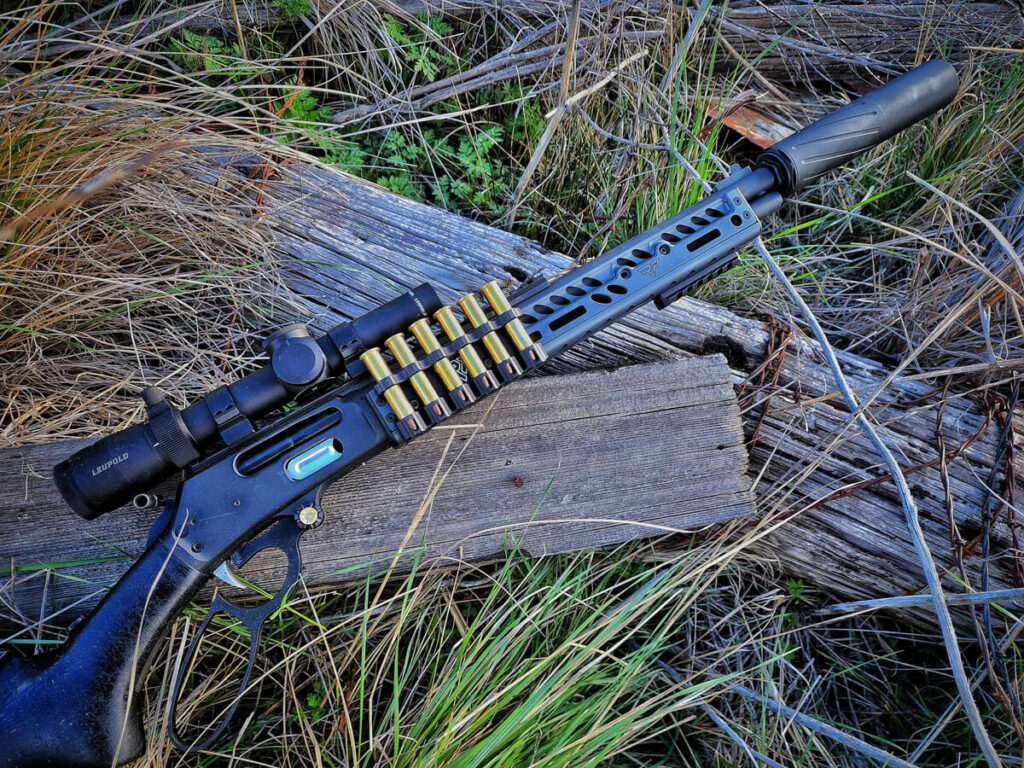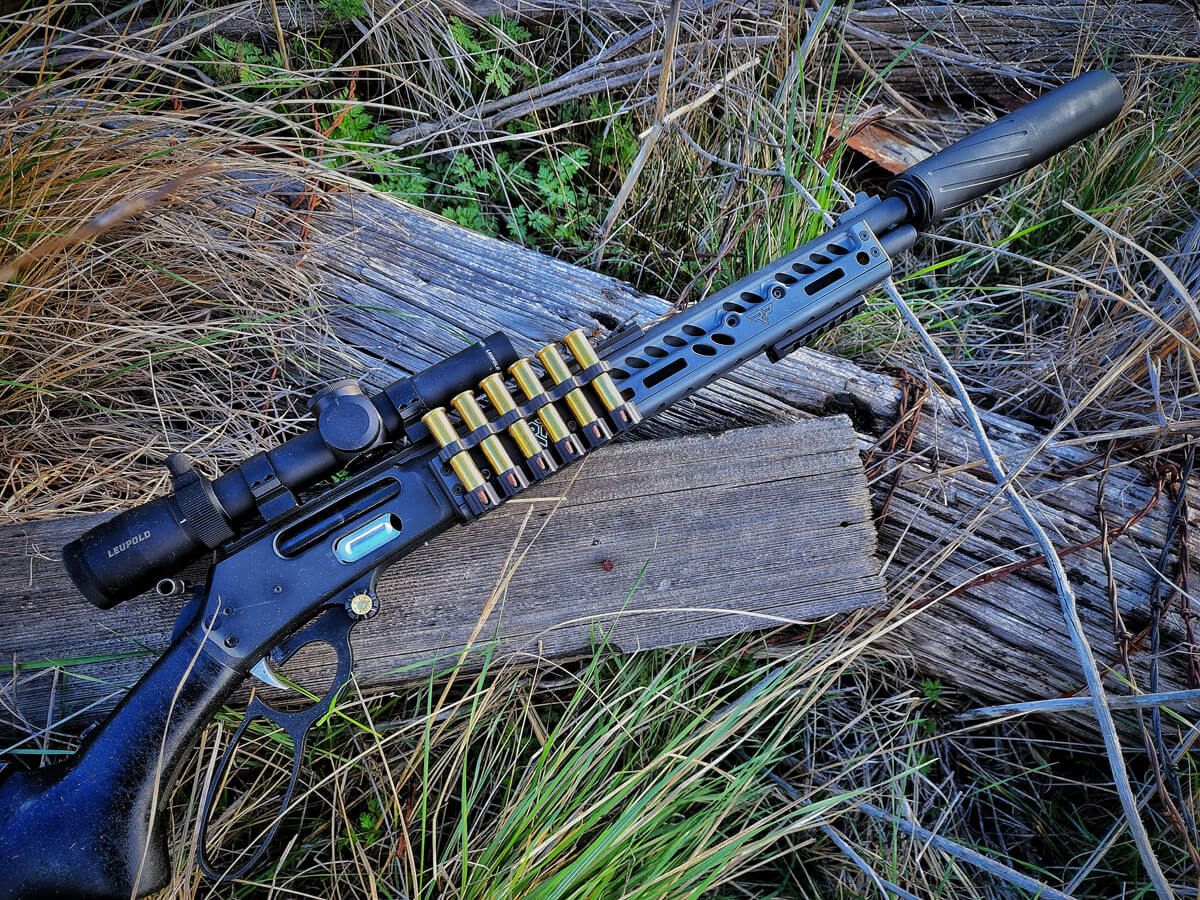
Silencers in Michigan: Understanding the Laws and Regulations
The topic of silencers in Michigan, also known as suppressors, often generates considerable interest and sometimes, confusion. Understanding the legal landscape surrounding their ownership and use is crucial for Michigan residents. This article aims to provide a comprehensive overview of the laws and regulations governing silencers in Michigan, ensuring that individuals are well-informed and compliant.
Federal Regulations on Silencers
At the federal level, silencers are regulated by the National Firearms Act (NFA) of 1934 and the Gun Control Act (GCA) of 1968. These laws mandate that silencers are classified as Title II weapons, subjecting them to stringent regulations. This means that owning a silencer requires undergoing a thorough background check, paying a $200 tax stamp, and registering the device with the Bureau of Alcohol, Tobacco, Firearms and Explosives (ATF). The process can be lengthy, often taking several months to complete. The ATF form 4, or Application for Tax Paid Transfer and Registration of Firearm, is at the center of the process.
The NFA also requires that all silencers be marked with a serial number, the manufacturer’s name, and the city and state where it was made. This helps law enforcement track and regulate these devices. The regulations are designed to ensure responsible ownership and prevent silencers from falling into the wrong hands. Violations of the NFA can result in severe penalties, including hefty fines and imprisonment.
Michigan State Laws on Silencers
While federal law sets the baseline, Michigan also has its own set of laws regarding silencers. Michigan law generally aligns with federal law, but it’s essential to be aware of any specific state provisions. As of the last update, Michigan permits the ownership of silencers as long as they are legally obtained and registered under federal law. This means that residents who comply with the NFA requirements can legally possess silencers in Michigan.
However, Michigan law does address the use of silencers in specific circumstances. For example, it is illegal to use a silencer while committing a crime. This provision is intended to deter criminals from using silencers to conceal their activities and avoid detection. Violations of this law can result in additional criminal charges and penalties.
Hunting with Silencers in Michigan
One area of particular interest is the legality of hunting with silencers in Michigan. As of recent updates, Michigan allows the use of silencers for hunting. This change in regulation has been welcomed by many hunters who appreciate the reduced noise and potential for improved accuracy. However, it is crucial to check the specific regulations of the Department of Natural Resources (DNR) for any updates or restrictions on the types of game or locations where silencers are permitted. [See also: Michigan DNR Hunting Regulations]
The use of silencers can provide several benefits to hunters, including reducing noise pollution and protecting their hearing. By suppressing the sound of the firearm, hunters can minimize disturbance to wildlife and surrounding areas. This can also help improve communication among hunters and reduce the risk of hearing damage from repeated exposure to loud gunshots. In addition, some hunters find that silencers improve their accuracy by reducing recoil and muzzle rise.
The Process of Obtaining a Silencer in Michigan
The process of obtaining a silencer in Michigan involves several steps. First, the individual must find a licensed dealer who sells silencers. These dealers are typically specialized in NFA items and can guide the buyer through the process. The buyer will then select the silencer they wish to purchase and complete the necessary paperwork, including the ATF Form 4. This form requires detailed information about the buyer, the silencer, and the reason for the purchase.
Next, the buyer must submit the completed Form 4, along with fingerprints, photographs, and the $200 tax stamp payment, to the ATF. The ATF will then conduct a background check and review the application. This process can take several months, and the buyer must wait for the ATF to approve the application before taking possession of the silencer. Once the application is approved, the ATF will send the approved Form 4 back to the dealer, who can then transfer the silencer to the buyer.
Using a Trust or Corporation for Silencer Ownership
Many individuals choose to purchase silencers through a trust or corporation. This can offer several benefits, including simplifying the transfer of ownership in the event of death or incapacitation. It can also allow multiple individuals to legally possess and use the silencer. Setting up a trust or corporation involves additional legal steps, but it can be a worthwhile option for those who want to ensure the smooth transfer of their NFA items. [See also: NFA Trust Benefits]
When using a trust or corporation, the ATF Form 4 must list the name of the trust or corporation as the registered owner of the silencer. All trustees or officers of the corporation must undergo background checks and provide fingerprints and photographs. This ensures that all individuals who have access to the silencer are vetted by the ATF.
Legal Considerations and Best Practices
Owning and using silencers in Michigan comes with legal responsibilities. It is crucial to understand and comply with all applicable federal and state laws. Failure to do so can result in severe penalties, including fines, imprisonment, and the loss of the silencer. Here are some best practices to follow:
- Always store silencers securely to prevent unauthorized access.
- Never use a silencer while committing a crime.
- Be aware of any restrictions on the use of silencers for hunting or other activities.
- Keep all registration paperwork and tax stamps in a safe place.
- Consult with a qualified attorney or NFA specialist if you have any questions or concerns about silencer ownership.
The Future of Silencer Laws in Michigan
The legal landscape surrounding silencers is constantly evolving. It is essential to stay informed about any changes to federal or state laws that may affect silencer ownership. Legislative efforts to reform NFA regulations are ongoing, and it is possible that the laws governing silencers could change in the future. [See also: NFA Reform Efforts]
Advocates for silencer rights argue that these devices should be treated like other firearms accessories and subject to less stringent regulations. They contend that silencers can improve hearing protection and reduce noise pollution, and that responsible gun owners should not be burdened with unnecessary restrictions. Opponents, however, argue that silencers pose a risk to public safety and should remain tightly regulated.
Conclusion
Understanding the laws and regulations surrounding silencers in Michigan is essential for anyone considering owning or using these devices. While federal law sets the baseline, Michigan also has its own set of rules that must be followed. By complying with all applicable laws and regulations, individuals can enjoy the benefits of silencers while ensuring responsible and safe ownership. Always stay informed about any changes to the law and consult with qualified professionals if you have any questions or concerns. The legal purchase and possession of a silencer requires patience, attention to detail and strict adherence to both federal and state laws.

